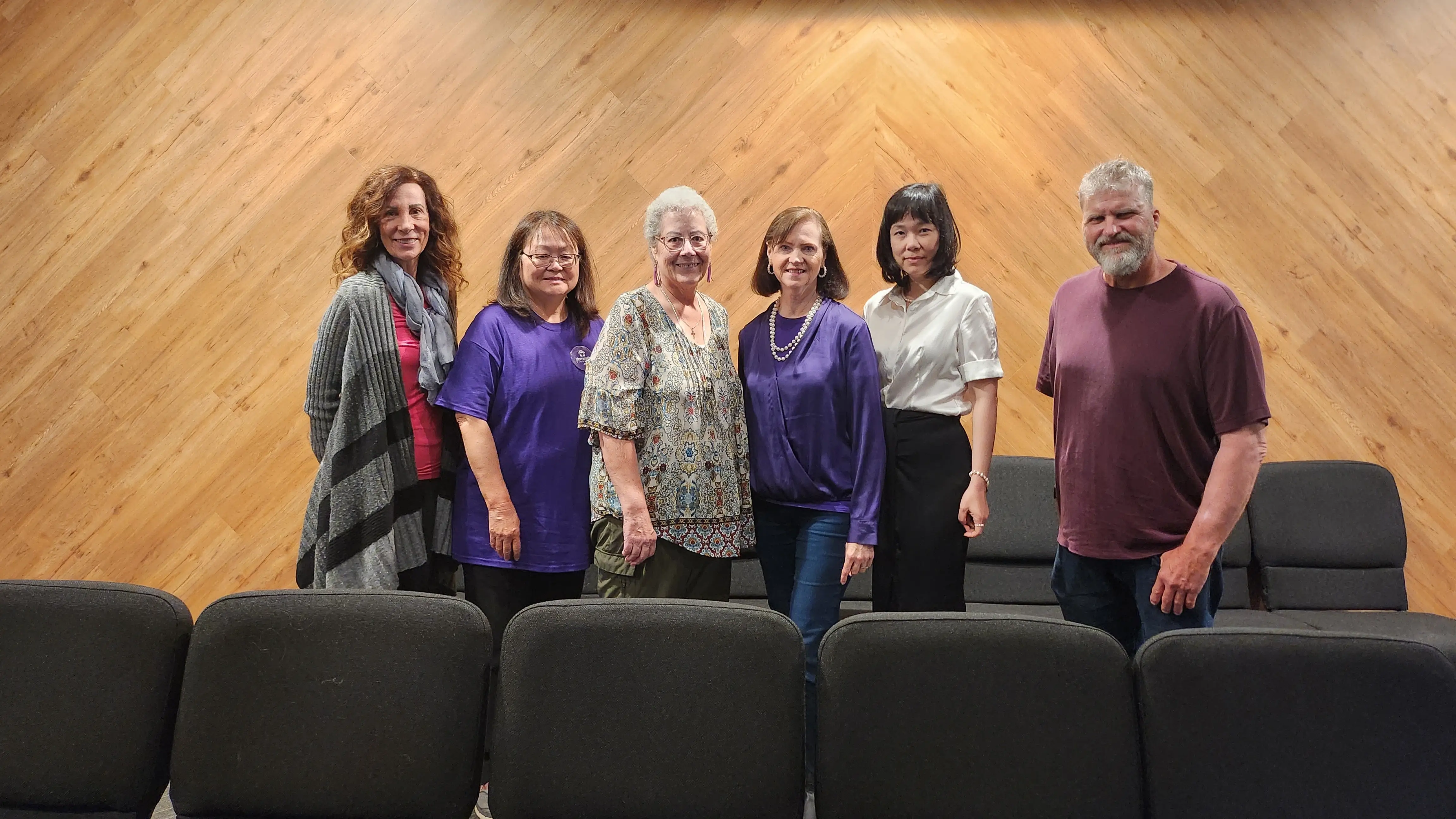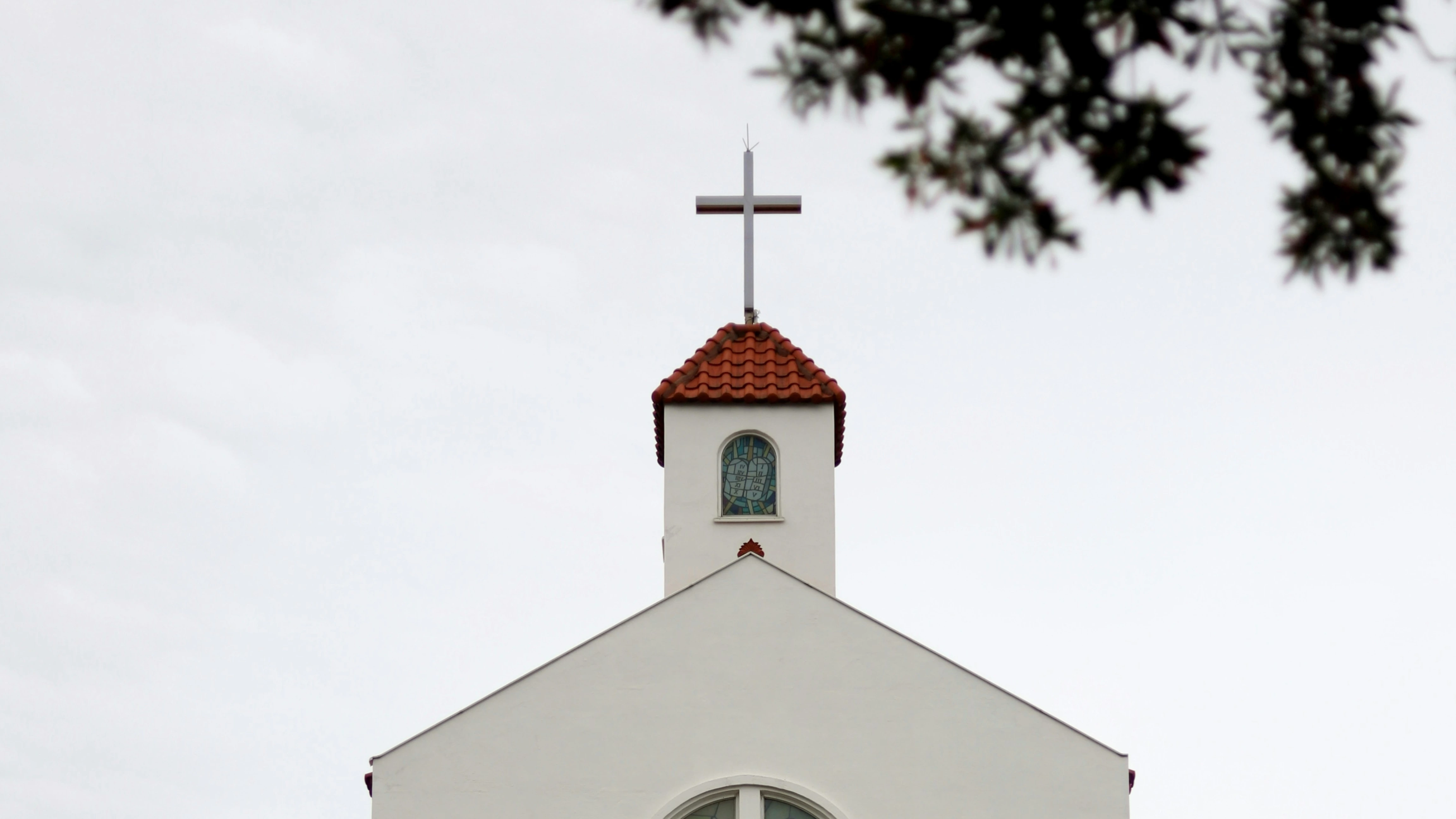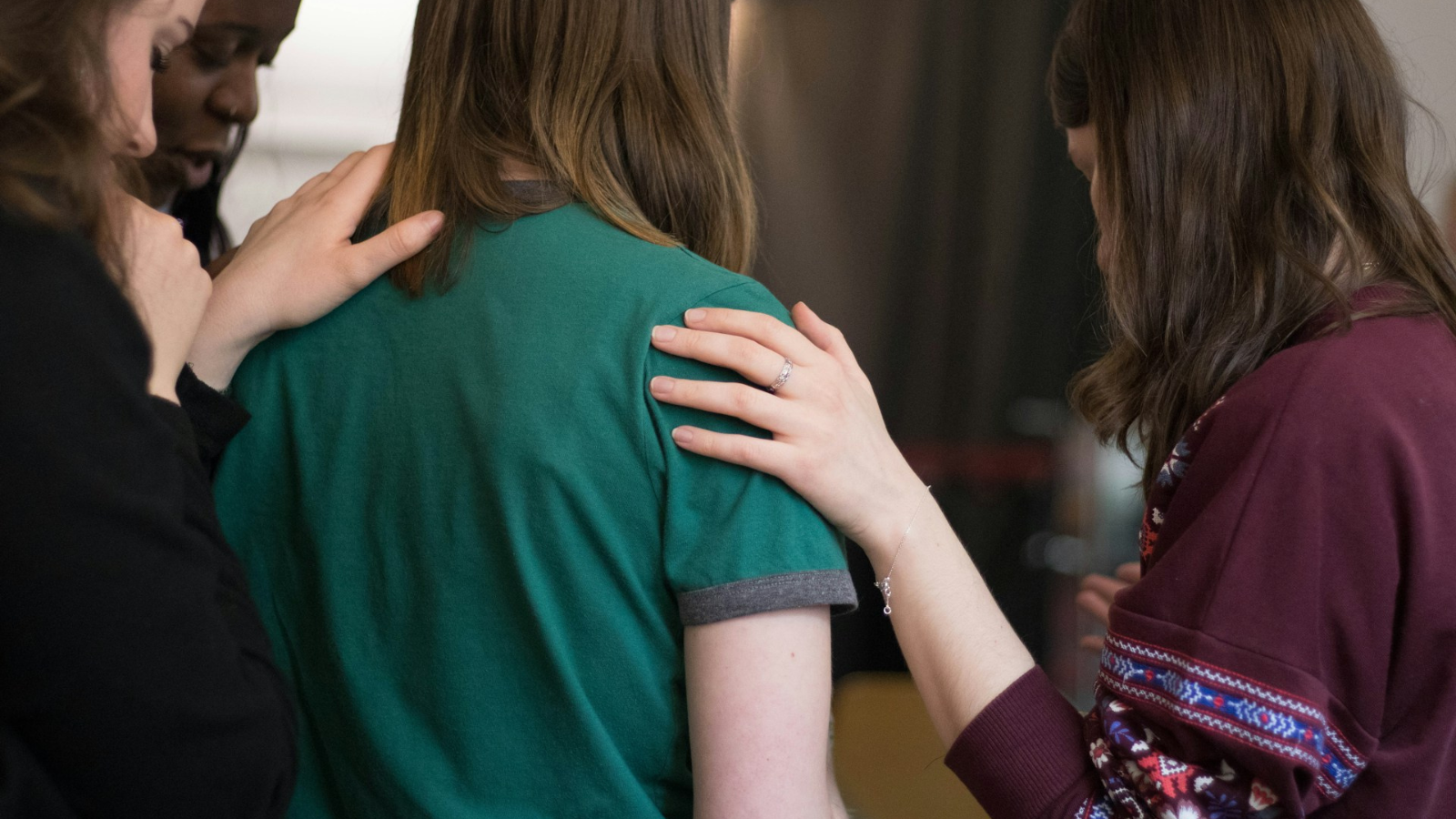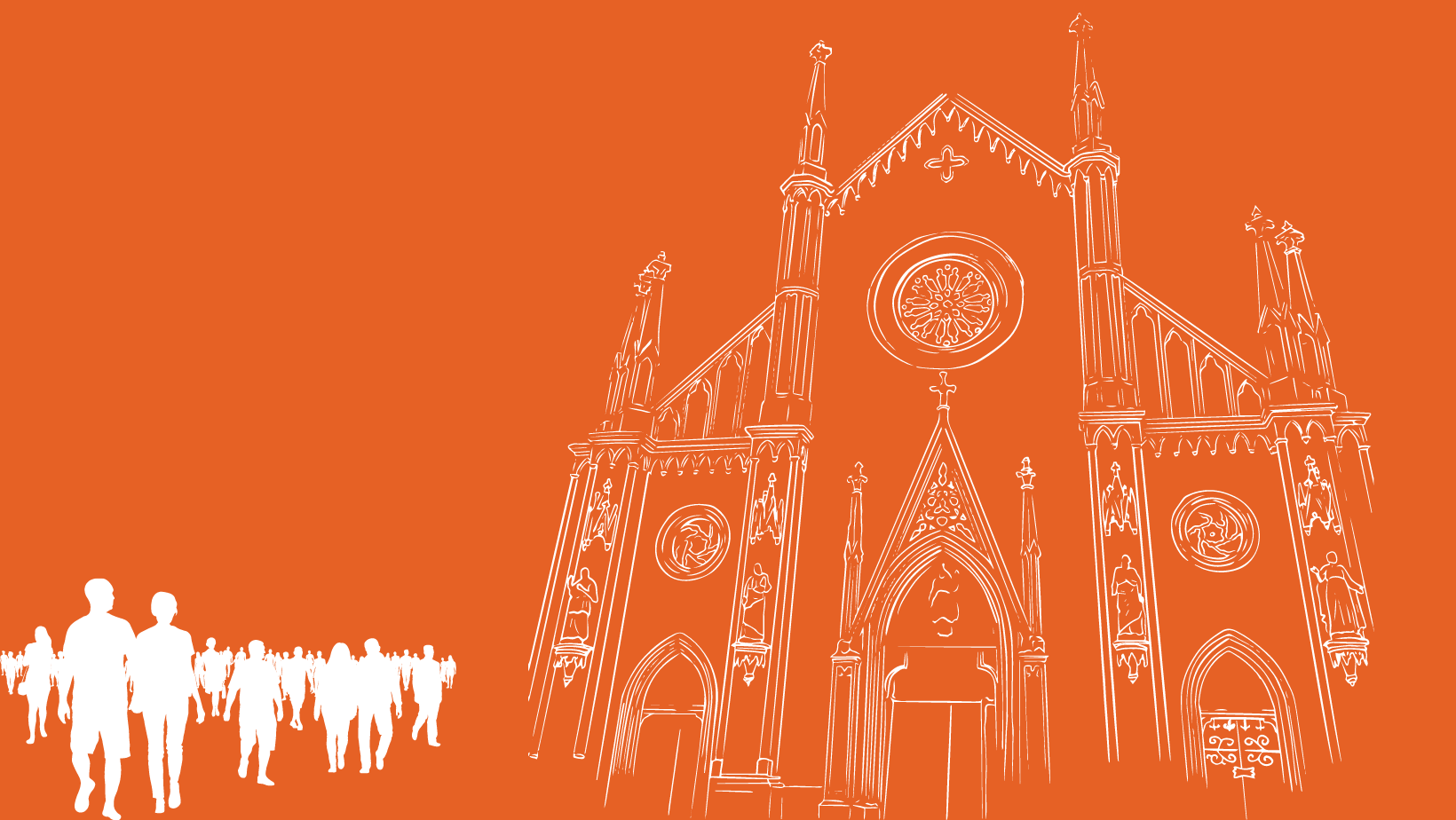
Photo by RDNE Stock Project for Pexels
Churches come in many denominations — Protestant, Catholic, Baptist, Eastern Orthodox and many more. Parachurches work as the middle ground where those from different denominations can work together toward a common goal, solve issues within local communities and shape new ministry methods.
Parachurches exist to bridge differences between denominations and achieve common goals with the limited resources individual churches have. While various groups do collaborate to achieve common goals, they also have to navigate through differences in customs, traditions, rules, structures and beliefs.
What are Parachurches?
The term "para" is a Greek word that means “beside” or “alongside” according to WordReference. Following its root definitions, parachurches are Christian organizations operating outside Christian denominations but working alongside them, according to Desiring God. These groups do not fall under the control of any particular denomination and operate independently.
Any rules or traditions are not mandatory for parachurches to follow, and they can operate by their own rules without conflicting with other groups’ formats.
Parachurches work on handling specific social welfare and ministry goals like Habitat for Humanity which strives to build affordable, safe housing. The main Church focuses on regularly gathering people together as the body of Christ through preaching, worshiping and looking at Scripture, according to Radical. Both share similar values of love and service.
For many Christians, both the Church and parachurches serve as prime examples of how we share God’s values of love and service based on Scripture.
Hebrews 10:24-25 says, “And let us consider one another to stir up love and good works, not forsaking the assembling of ourselves together, as is the manner of some, but exhorting one another, and so much the more as you see the Day approaching.”
Growth of Parachurches

Photo by Afta Putta Gunawan for Pexels
While the term first appeared in the late 20th century, parachurch-like organizations have existed for centuries, according to Cru. One example Cru lists is the disciple Paul who not only preached but also established a team that was self-sustaining and worked in conjunction with Church.
In 15th century England, Puritans created charities not under the control of any particular denomination and shaped British society by giving which allowed healthcare to be expanded, began the long battle against poverty, and increased opportunities for those from poorer classes, according to Gary North’s newsletter “The Rise of the Parachurch Ministries” and W.K. Jordan’s book “Philanthropy in England.”
By the early 19th century, various parachurch-like organizations emerged in the United States to achieve different goals, according to WiseGEEK.
Some early examples include the American Board of Commissioners for Foreign Missions, the American Education Society and the American Bible Society, according to Carl H. Esbeck in his article “Dissent and Disestablishment: The Church-State Settlement in the Early American Republic.”
Today, the number of parachurches listed is over a hundred thousand, according to Ligonier Ministries. Examples include Forefront Experience, The Christian Business Network and Amplify Mission Network.
Parachurch Impacts
Christians created parachurches to support specific ministry initiatives of the Church – but are not the Church on their own, according to From The Study.
“More gospel opportunities exist than any local church with limited resources can engage,” according to 9Mark. “Therefore, the parachurch is a gift to the church.”
Parachurches provide the Church not only opportunities but also the training needed to help fellow Christians, according to Lifeway Leadership. The article also states that by supporting individual churches, this allows for more connections and growth.
Parachurches can use specific methods geared toward particular audiences, according to From Sand To Stone.
Traditional churches employ repetitive practices like baptism, communion, tithing first fruits, and reading Scripture for many generations, but parachurches are distinct from traditional church structures because they focus exclusively on a cause, not liturgical practices. Many parachurches do not conduct practices like worship or preaching, according to Just The Simple Truth.
“They can excel in caring for people, communicating the gospel in specific contexts or providing specialized training,” according to The Gospel Coalition.

Photo by Photomix Company for Pexels
One modern example is YoungLife, a parachurch ministry that helps introduce Jesus Christ to teenagers.
“It reaches high schoolers who have never and often would never step foot into a church,” according to Cedarville University.
At the same time, those volunteering and working in the organization gain skills in social work, teaching, empathy and ministry, according to Young Life Access.
One other example is Ride for Refuge, an event where volunteers sign up to bike or walk to raise awareness and funds for local charities.
The event’s mission is to stand up for those who are currently suffering and show those who believe that the rest of the world ignores them that they are not alone, according to the Ride for Refuge website. It was founded by a parachurch called International Teams Canada, according to Immigration Law Publisher. This parachurch establishes programs and connections with local communities to transform lives in various ways, according to International Teams Canada.
This unique take on spreading love and support through a fun event is another way to spread ministry while not forcing the Word of God on others.
Parachurches are important bridges that connect denominations, strive toward specific goals and operate under different structures. These goals can vary, but they all represent the Church’s ministry — to love, care and support everyone as witnesses of Christ to the world.
Kairos was born and raised in Hawaii as the son of a pastor. In 2023, he graduated from Azusa Pacific University with a degree in Journalism: News & Storytelling. He aims to write insightful, unbiased and truthful stories on the Body of Christ.














